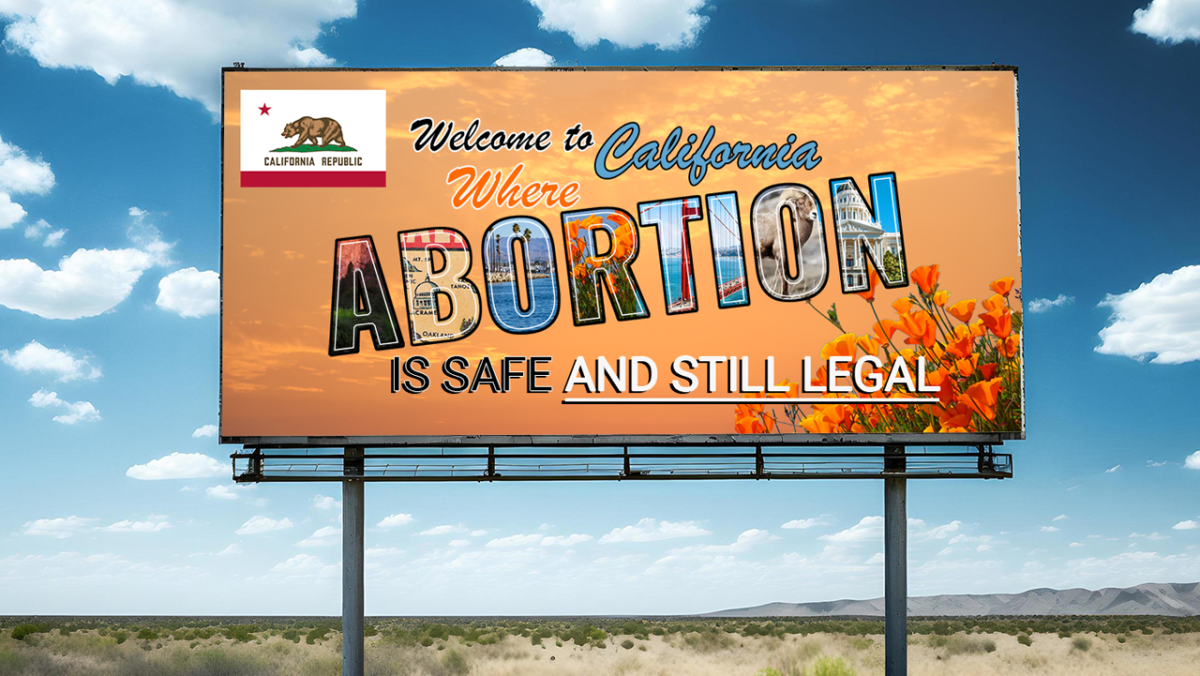Last Updated on April 29, 2024 by BVN
Overview: California Governor Gavin Newsom has proposed a bill that would allow Arizona providers to provide abortions in California in response to the Arizona Supreme Court’s ruling upholding an 1864 abortion law. Under the proposed Senate Bill 233, licensed Arizona doctors in good standing would be temporarily allowed to provide abortion and abortion-related care to Arizona patients traveling to California until November 30, 2024. The bill would be under the supervision of California’s Medical Board. California has taken steps to protect reproductive care and abortion access since Roe v. Wade was overturned, including strengthening protections for providers and safeguarding patient reproductive records. If the Arizona Supreme Court’s ruling is not repealed, Arizona would become the 22nd state to ban or restrict abortion.
Breanna Reeves
In response to an Arizona Supreme Court’s ruling that would ban nearly all abortions in the state in accordance with a 1864 abortion law, California Governor Gavin Newsom proposed a bill that would allow Arizona providers to give their patients abortions in California.
The Arizona Supreme Court ruled to uphold the 1864 law — which hadn’t been enforced since Roe v. Wade passed — on April 9. The law could take effect by June 8 if efforts to repeal it do not succeed.
“Arizona Republicans continue to put women in danger—embracing a draconian law passed when Arizona was a territory, not even a state. California will not sit idly by,” Newsom said in a statement. “We’re urgently moving legislation to allow Arizona doctors to provide safe and reliable reproductive care to Arizonans here in California.”
Under the proposed Senate Bill 233, licensed Arizona doctors in good standing would be temporarily allowed to provide abortion and abortion-related care to Arizona patients traveling to California until Nov. 30, 2024. Newsom introduced the bill, authored by Nancy Skinner (D-Berkeley) and Cecilia Aguiar-Curry (D-Winters), alongside the the California Legislative Women’s Caucus. Arizona doctors would be under the supervision of California’s Medical Board under the bill.
“In upholding Arizona’s 160 year old law, it’s clear that their real objective is to return women to second class status,” California Legislative Women’s Caucus Chair Sen. Skinner said in a statement. “With SB 233, the Legislative Women’s Caucus is taking our gloves off once again as we pursue every legislative action necessary to protect women’s reproductive rights, and especially our right to an abortion.”
SB 233 includes an urgency clause and would take effect immediately once Newsom signs it.
Since Roe v. Wade was overturned nearly two years ago, California has taken concrete steps to protect reproductive care and abortion access in the state. In September 2023, Newsom signed a series of bills that strengthened protections for providers who deliver abortion care and safeguarded patient reproductive records.
Following a Texas federal judge’s ruling in April 2023 which prevented the approval of mifepristone, one of the drugs used in the process of ending a pregnancy, California obtained an emergency stockpile of the drug.
In November 2022, Californians voted to approve Proposition 1, which explicitly added abortion and contraception rights to the state constitution as a fundamental right to reproductive freedom.
Attorney General Rob Bonta also welcomed abortion care providers from other states to California, reinforcing California’s support of reproductive health care.
“For providers from near-total abortion ban states who are willing to practice in California, you are welcome in California, and we want to ensure that you know your rights and are empowered to continue fulfilling your vital role of providing necessary abortion care here,” Attorney General Bonta said in a press release.
There are currently 21 states that ban or restrict abortion, with Arizona being number 22 if the State Legislature is unable to repeal the 1864 ban. The State Supreme Court temporarily put a hold on their ruling, allowing abortions to continue under the state’s 15-weeks law.



